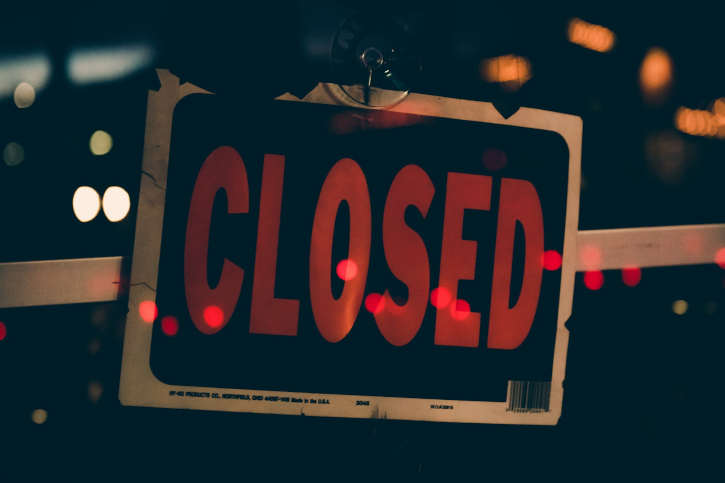The author is membership program director of the National Federation of Community Broadcasters. NFCB commentaries are featured regularly at www.radioworld.com.
This week’s big news in community radio was all about layoffs at Pacifica radio station WBAI(FM) in New York and termination of its existing programming. The seriousness of the situation is a bellwether to conversations community media must have about relevance.
WBAI is certainly an iconic noncommercial radio station. It has hosted a veritable who’s who of cultural vanguards, especially in the 1960s. From Bob Dylan to Malcolm X, WBAI has been fondly remembered by fans for such history. Unfortunately, those glory days are long gone.
When I wrote for Radio World about the Empire State Realty Trust $3 million judgment against WBAI and Pacifica in 2017, matters were already quite dire. Pacifica audits noted a listener support decline between 2007 and 2017 in the millions. The California Attorney General’s Office and the Corporation for Public Broadcasting Inspector General launched probes in 2015 and 2011 respectively over management issues. WBAI had seen crashes in 2009 and 2013, and its internal strife, inability to make payroll and subsidization by other Pacifica outlets had been in public circulation for years. WBAI folks, a smart and interesting bunch to be sure, have long contended what may seem to be farfetched theories, from essentially embezzlement by its licensee to its owner kneecapping the station staff and volunteers for their liberal orientation and willingness to host marginal programming under the free speech banner.
[Read: Community Broadcaster: Changemakers]
Indeed, any publication that termed this week’s action stunning or a shock clearly must be excused for not paying attention to a crisis decades in the making.
Pushback to Pacifica’s decision was swift, including a state court intervening in the situation. However, it may be unclear how influential a New York court injunction to prevent layoffs and program changes will be. After all, Pacifica is a California nonprofit organization. The network’s payroll and WBAI’s federally assigned license (and thus programming placed on it) are both based far from said court’s jurisdiction. This story is developing.
Regardless of what happens to WBAI, the health of community radio as a whole is always a concern. What can stations learn from this issue?

As I conveyed to radio station WORT this week, community radio stations should always ask themselves about how they are truly listening to and serving local listeners with content they are passionate about and rely on. It is not difficult to figure out why WBAI, at 99.5 FM and in a city of eight million people and with one of the nation’s top median household incomes, could muster only 78,500 weekly listeners (according to Nielsen Audio) and not cover basic expenses. An old friend at Radio Research Consortium, noncommercial media’s data clearinghouse, once shared, listeners tell you what they think of your programming with their ears and wallets. Every station should track what their local fans think, and be responsive to area needs. That can be hard, given the many perspectives that are part of a station, but centering listener experiences with our stations must always be a priority.
Careful financial monitoring and adopting an approach to problems that sees them as a shared responsibility should also be a part of any station’s ethos. When tensions arise, the easy way out is to cast blame on others. Difficulties such as those experienced by the community radio space this week might have been averted with more swift, productive actions, and buy-in from everyone. All community stations might be wise to unify in times like these.
And finally, every station would be well served to take the lead in telling its story. In times of trouble, explaining one’s vision and where one hopes to be reassures listeners and tells donors you have a solution. Once a station loses control of its narrative, it is hard to regain credibility. Pacifica’s message posted on WBAI’s website is a start, in this instance.
Noncommercial radio observers may recall the WBAI move is not without precedent. In May, Humboldt State University shuttered its volunteer-based programming and laid off staff at KHSU in a bid to reorganize. A Humboldt State University advisory review identified a need for financial review of university investments, a realignment of the station’s operations and other issues for the licensee. One can hope WBAI’s reorganization is successful, and that all of community radio takes a cue from what’s happened to make the best media possible.







